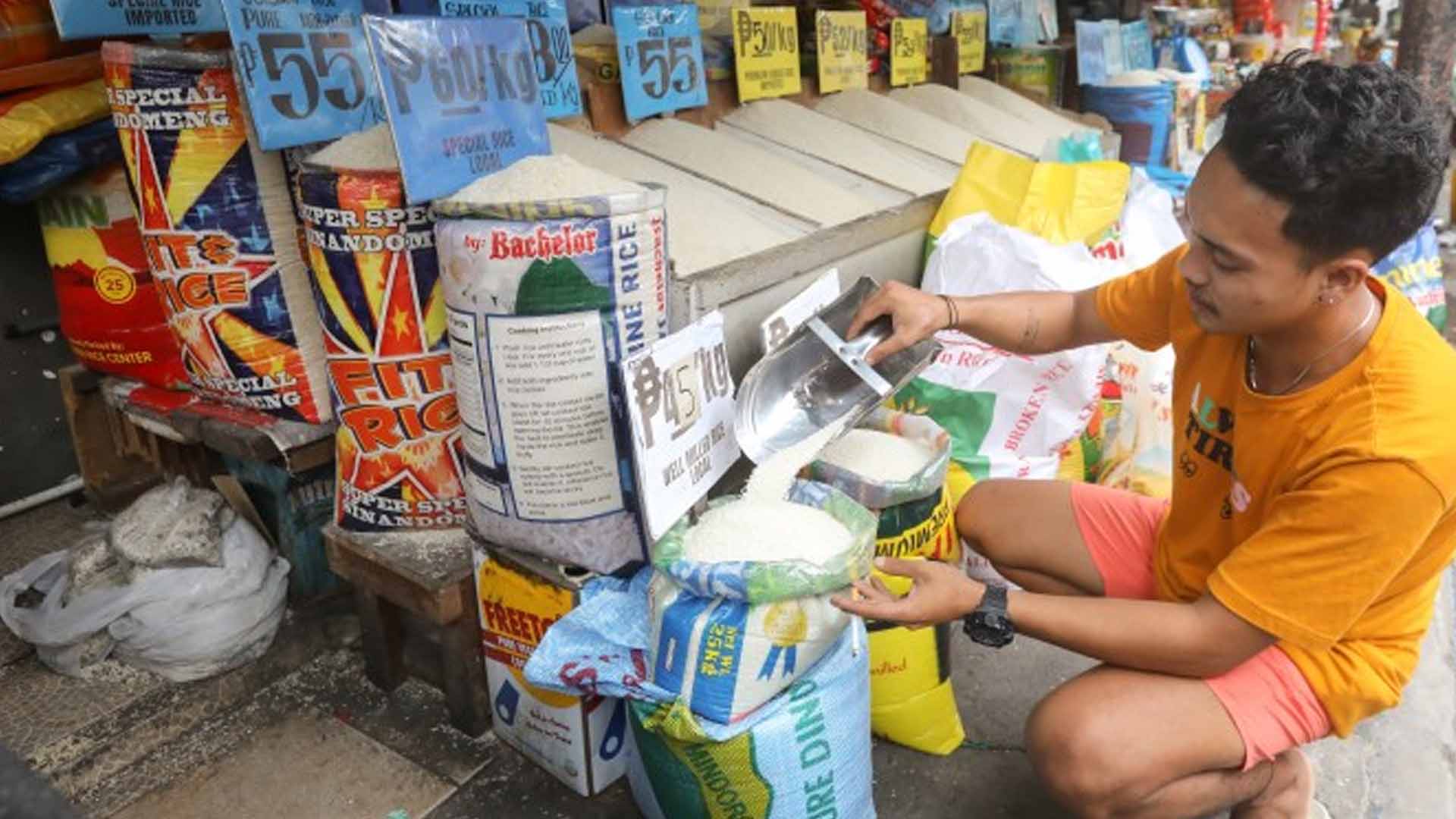The reported decline in inflation meant that the intervention programs implemented by the administration of President Frerdinand Marcos Jr. in the last quarter of 2023 have yielded positive results, according to House Speaker Ferdinand Martin Romualdez on Sunday.
To further bring down inflation by reducing or at least stabilizing food prices, he vowed that the House of Representatives, in partnership with the President, will continue to pursue programs toward this end.
In a news release, the Speaker said they will remain focused on programs that support “farmers and fisherfolk in general, keeping the economy growing, while helping the vulnerable sectors.”
He made the commitment in reaction to the report of the Philippine Statistics Authority that inflation eased for the third straight month in December to 3.9 percent, from 4.1 percent in November and 4.9 percent in October.
“We are happy about this encouraging piece of good news, especially for our people. The easing of inflation last month meant that food prices were still down despite the fact that December and the Christmas season usually see prices jumping to unreasonable levels,” Romualdez said.
He noted that the nation began 2023 facing a 14-year inflation peak of 8.7 percent, driven by increases in food and fuel prices.
“We have tamed the monster, cutting it down by more than half,” he noted.
He pointed out that the December figure of 3.9 percent is aligned with the government’s target of 2 percent to 4 percent inflation.
“We have to assist those in our agriculture sector, including those engaged in agri-business, so they can produce more. More rice, more fish, more vegetables, more staple food will translate to lower prices,” he said.
Romualdez said this year’s budget includes enough funds to support farmers with seeds, fertilizer and other inputs, farm implements, irrigation, and other forms of assistance.
He said the budget also allocates billions for the poor, near poor and other vulnerable sectors, adding that the proposed PHP5.768-trillion 2024 national budget includes an almost PHP500-billion fund for the social amelioration program (ayuda) for poor and low-income families.
Congress introduced in the budget a new program called AKAP or Ayuda sa Kapos ang Kita.
“It’s a PHP60-billion fund, aimed to provide direct cash assistance to the near-poor or families earning up to PHP23,000 a month. At least 12 million households will benefit from it, including low-income workers like those in construction and factories, drivers, food service crew, and the like by receiving a one-time cash assistance of PHP5,000,” he said.
If the program is successful, it will continue next year, he said.
The House leader pointed out that existing government programs targeting the poorest of the poor, such as the Assistance to Individuals in Crisis Situation (AICS) under the Department of Social Welfare and Development and Tulong Pang-hanapbuhay sa Ating Disadvantaged/Displaced Workers (TUPAD) under the Department of Labor and Employment, would continue to get funds.
Some PHP23 billion are appropriated for AICS and PHP30 billion for TUPAD.
Romualdez attributed the significant fall in inflation since November to intervention measures taken by President Marcos, including the rice price cap. (PNA)





















